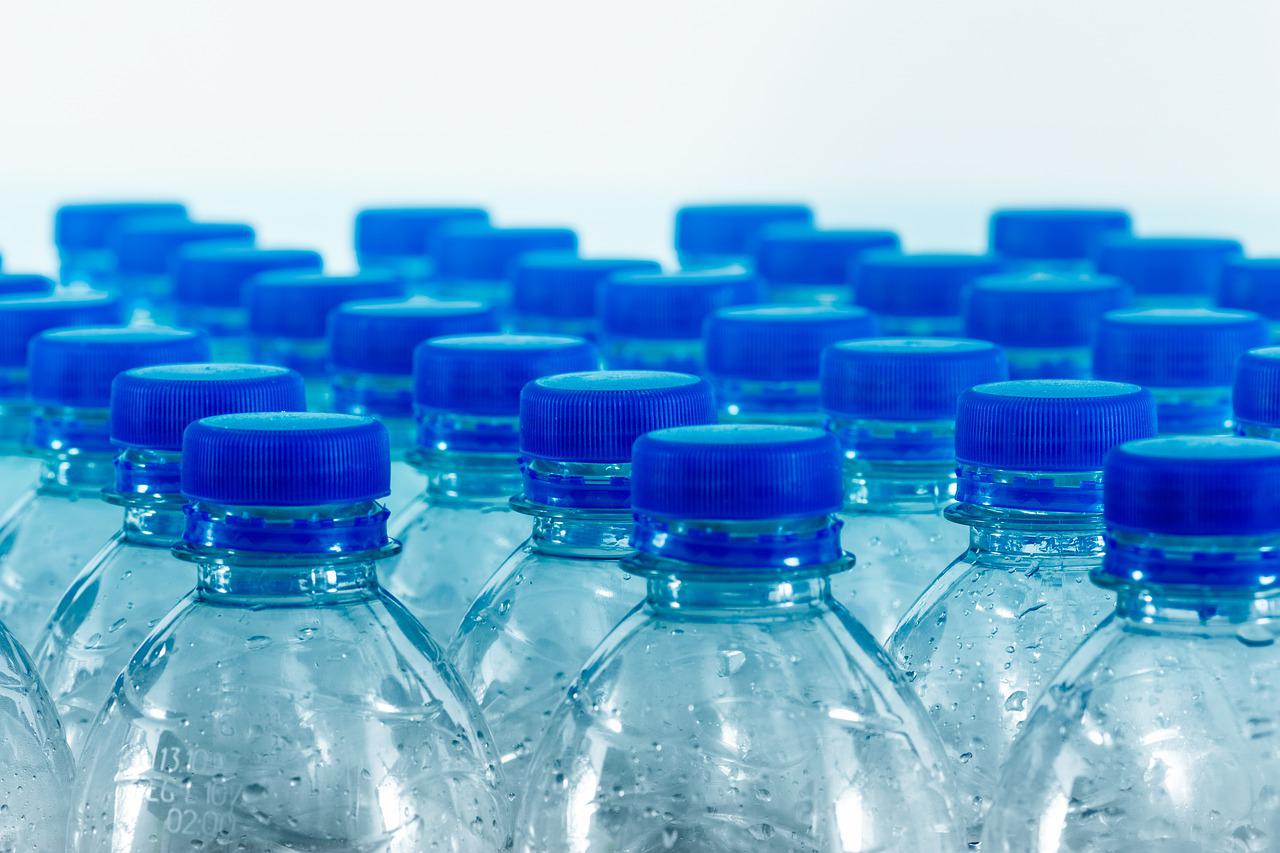FDA To Reconsider Safety of BPA in Food Packaging

The U.S. Food and Drug Administration (FDA) has agreed to reconsider the safety of using bisphenol A (BPA) in polycarbonate plastics, metal can coatings and other materials that contact food. The FDA’s decision comes in response to a food additive petition filed by the Environmental Defense Fund and a coalition of physicians, scientists and public health and environmental organizations. The law requires that FDA make a final decision by October 31, 2022.
In a press release announcing the FDA’s acceptance of its petition, the EDF noted that since submitting the petition in January, a new study, published in Environment International has added to the existing evidence that BPA triggers children’s immune systems. The study of more than 3,000 mothers and their children linked BPA exposure in the womb to higher rates of asthma and wheezing in school-age girls.
The research supports last year’s unanimous findings by a panel of experts convened by the European Food Safety Authority (EFSA).
“Based on studies not previously considered by FDA, the EFSA Expert Panel found that harmful effects from BPA exposure can occur at levels tens of thousands times lower than previously thought,” said Maricel Maffini, coauthor of the petition who holds a doctorate in biological sciences. “These studies show that extremely low exposures to BPA can lead to an overactive immune system likely producing out-of-control inflammation. This inflammation can then trigger wheezing and asthma-like effects.”
“Most Americans get 5,000 times more BPA in their daily diet than the EFSA expert panel says is safe,” said Tom Neltner, Environmental Defense Fund’s Senior Director, Safer Chemicals. “It is imperative that FDA take action to limit BPA contamination of food. And given the significant risks, industry should not wait for FDA to act. They need to find safer alternatives to BPA or drastically reduce the migration of the chemical into food to protect children from harm.”
The January petition and an April supplement were submitted by the Environmental Defense Fund (EDF), Breast Cancer Prevention Partners (BCPP), Clean Water Action/Clean Water Fund, Consumer Reports, Endocrine Society, Environmental Working Group (EWG), Healthy Babies Bright Futures (HBBF), EDF consultant Dr. Maricel Maffini, and Dr. Linda Birnbaum, former director of the National Institute of Environmental Health Sciences and National Toxicology Program. FDA will be requesting public comment on the petition soon.